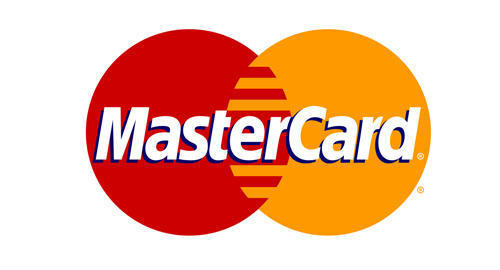
MasterCard Commits to the Inclusion of 40 Million Micro and Small Merchants
MasterCard set a goal to connect 40 million micro and small merchants to its electronic payments network within five years. This expands on the company’s Universal Financial Access 2020 commitment made last year.
To date, financial inclusion has been predominantly centered on providing the underserved and the unbanked with tools and transaction accounts. This remains a critical need with two billion unbanked people, the majority of whom are women, forced to operate in a cash economy. In order for financial inclusion efforts to truly have an impact, there needs to be an equal focus on both access and usage.
Since 2013, MasterCard has delivered programs and services to more than 200 million people previously excluded from the financial mainstream. The company is committed to reaching at least 500 million by 2020.
Through broad-based collaboration with public and private sector entities, MasterCard is bringing the benefits and security of electronic payments to the unbanked around the world.
- In Rwanda, MasterCard is collaborating with the government to fast-track the country’s move to include 90 percent of its citizens in the financial mainstream, as set out in its Vision 2020 strategy.
- In Egypt, MasterCard is helping the government roll out a digital ID program that links citizens’ national ID to the existing national mobile money platform, allowing 54 million Egyptians to participate in the formal electronic economy through a single, easy-to-use cashless program.
- In Bangladesh, bKash, Western Union, BRAC Bank and MasterCard launched an international remittance service that gives bKash’s 22 million registered customers the ability to receive international remittances directly into their bKash mobile wallet.
- In the U.S., the Direct Express® program, a partnership between the U.S. Department of Treasury, Comerica Bank and MasterCard, delivers federal benefit payments electronically and recently launched a mobile app to help people easily access account information.
- Across five countries, Vodaphone, HomeSend and MasterCard expanded the real-time, mobile receipt of remittances by M-Pesa users in Democratic Republic of Congo, Ghana, Lesotho, Mozambique, and Albania.
However, a number of large scale programs have seen limited success during the initial phase, as a majority of micro and small merchants—where most of the underserved shop each day—do not accept electronic payments. Where this occurs, accounts go unused or, in the case of social disbursement programs, funds are immediately withdrawn at ATMs.
“Real financial inclusion happens when people can use their new financial accounts to do what many of us take for granted,” said Ajay Banga, president and CEO of MasterCard. “Helping micro and small merchants connect to electronic payments will accelerate adoption and usage of new financial tools for the unbanked and will have a true impact on people’s daily lives.”
Earlier this month, MasterCard announced an expanded effort with the IFC, a member of the World Bank Group, to broaden the use of electronic payments by micro, small and medium enterprises. The “Financing Facility for Acceptance Development” is designed to address specific challenges faced by banks and these businesses, with a focus on Asia, the Middle East, Africa, Latin America and parts of Europe.


























